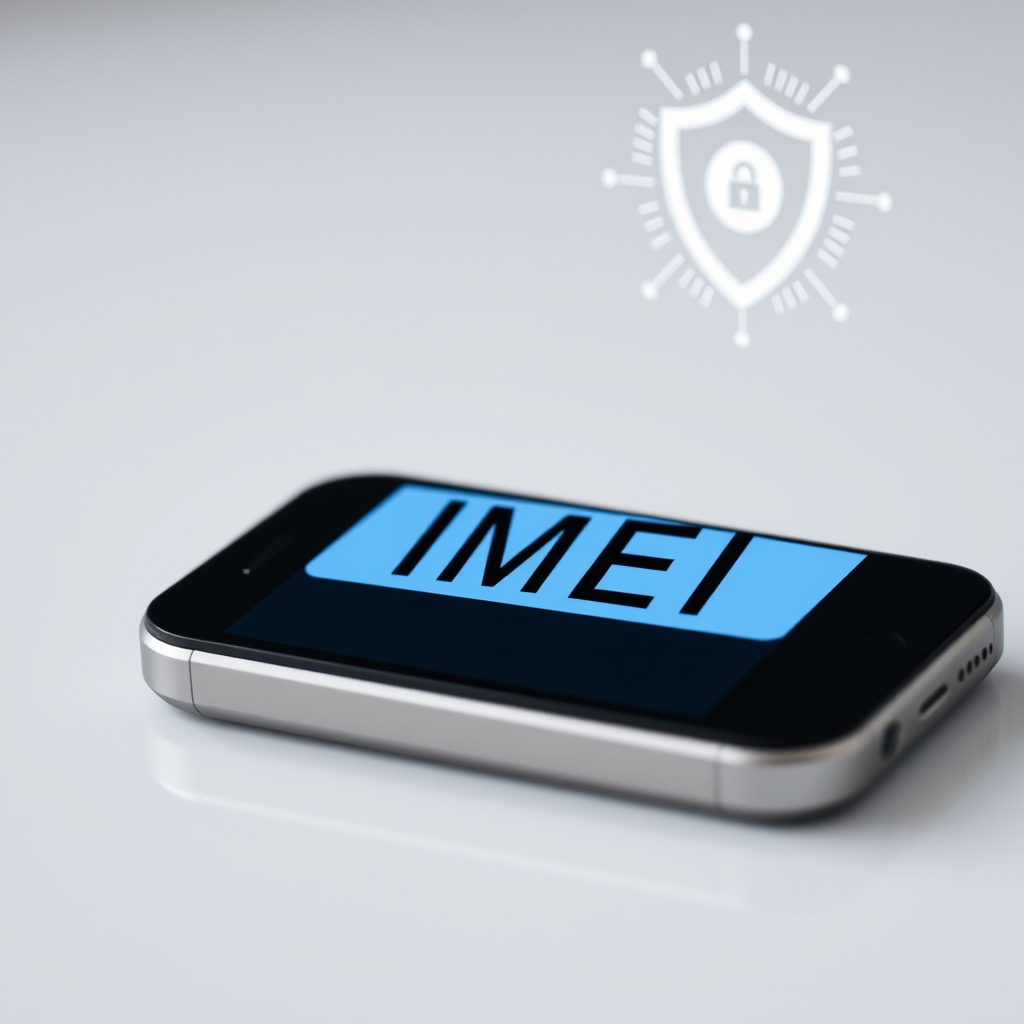IMEI Authentication API vs Mobile Device Identification API: What to Choose?

IMEI Authentication API and the Mobile Device Identification API. Both APIs serve the critical function of validating IMEI numbers and providing detailed information about mobile devices, but they do so with different approaches and features. This blog post will delve into a comprehensive comparison of these two APIs, exploring their features, use cases, performance, and ultimately guiding you on which API to choose based on your specific needs.
Overview of Both APIs
IMEI Authentication API
IMEI Authentication API is designed to authenticate devices seamlessly by validating IMEI numbers and retrieving accurate information about the corresponding mobile device. By sending an IMEI number to the API, users receive comprehensive details such as the device name, brand, model number, and the validity status of the IMEI. This API is particularly beneficial for organizations that require quick and reliable verification of mobile devices, enhancing security and trust for both businesses and end users.
Mobile Device Identification API
Mobile Device Identification API offers an advanced solution for verifying IMEI numbers and obtaining precise information about the associated device. Similar to the IMEI Authentication API, it returns detailed data including the device name, manufacturer brand, and specific model number, along with the IMEI's validity status. This API is ideal for businesses that need to confirm the authenticity of mobile devices efficiently, ensuring secure transactions and reducing the risk of fraud.
Side-by-Side Feature Comparison
IMEI Validator
IMEI Authentication API allows users to validate an IMEI number by simply providing it as a parameter. This feature is crucial for businesses that need to verify the authenticity of devices quickly. The API responds with a structured JSON format that includes the device name, brand, model number, and a boolean indicating the validity of the IMEI.
{"imei":"490154203237518","model":{"device":"Nokia 3110","brand":"Nokia Mobile Phones Ltd","model_nb":"NHE-8"},"valid":true}
IMEI Validation
Mobile Device Identification API features an IMEI Validation capability that functions in much the same way. Users must provide an IMEI number as a parameter, and the API returns a wealth of information about the device.
{"imei":"356303487077800","model":{"brand":"Apple","device":"IPHONE15 PROM GLOBAL","model_nb":"IPHONE15 PROM GLOBAL"},"valid":true}
Example Use Cases for Each API
IMEI Authentication API Use Cases
IMEI Authentication API is particularly useful in scenarios such as:
- Retail Verification: Retailers can use this API to verify the authenticity of devices before sale, ensuring customers receive legitimate products.
- Fraud Prevention: Financial institutions can implement this API to verify devices during mobile transactions, reducing the risk of fraud.
- Inventory Management: Companies managing large inventories of mobile devices can utilize this API to streamline their verification processes.
Mobile Device Identification API Use Cases
Mobile Device Identification API is ideal for:
- Insurance Companies: Insurers can verify the authenticity of devices before issuing policies, ensuring they are covering legitimate products.
- Mobile Service Providers: Service providers can use this API to confirm device details during customer onboarding, ensuring compatibility with their networks.
- Retailers: Similar to the IMEI Authentication API, retailers can use this API to validate devices before sale, enhancing customer trust.
Performance and Scalability Analysis
IMEI Authentication API is optimized for speed, providing quick responses that are essential for real-time applications. Its ability to return structured data in JSON format allows for easy integration into existing systems.
Mobile Device Identification API also boasts impressive performance metrics, with a focus on accuracy and reliability. The detailed responses it provides can be particularly beneficial for applications that require comprehensive device information.
Pros and Cons of Each API
IMEI Authentication API Pros and Cons
Pros:
- Fast and reliable IMEI validation.
- Comprehensive device information returned in a structured format.
- Easy integration with existing systems.
Cons:
- Limited to IMEI validation; may not provide as much detail as some users require.
Mobile Device Identification API Pros and Cons
Pros:
- Provides extensive device information beyond just IMEI validation.
- Highly accurate responses that can enhance decision-making.
Cons:
- May have a slightly longer response time due to the amount of data processed.
Final Recommendation
IMEI Authentication API and the Mobile Device Identification API ultimately depends on your specific use case. If your primary need is fast and reliable IMEI validation with essential device information, the IMEI Authentication API is the better choice. However, if you require detailed device specifications and a broader range of data for comprehensive decision-making, the Mobile Device Identification API is the way to go.
IMEI Authentication API in production? Visit the developer docs for complete API reference.
Mobile Device Identification API integration? Read our technical guides for implementation tips.





